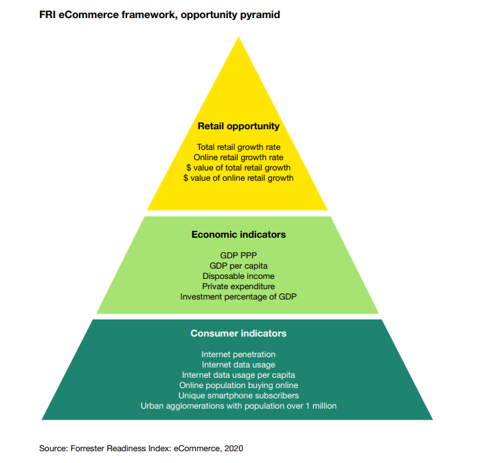
Cleaning staff is seen in the near empty Pentagon City Mall in Arlington, Virginia on March 17, 2020.
Mandel Ngan | AFP | Getty Images
U.S. mall owners are grappling with mounting retail and restaurant closures and local mandates shutting down nonessential retail, as businesses work to curb the spread of COVID-19.
The International Council of Shopping Centers, which represents America’s malls and shopping center owners such as Simon Property Group and Kimco, on Tuesday sent a letter to the Trump administration seeking aid.
“These closures are placing an insurmountable strain on our members, and we believe federal government action is urgently needed,” ICSC CEO Tom McGee said.
“In the most immediate term, we believe the federal government should guarantee or directly pay for business interruption coverage for retailers, restaurants and other tenants as well as landlords,” he said. “While some companies may have third party insurance, the current crisis is not covered by those policies.”
The shopping center industry in the U.S. generates nearly $400 billion of state and local taxes, McGee added, which could also be in jeopardy.
As of Wednesday morning, retailers including Nike, Nordstrom, Macy’s, Apple and Victoria’s Secret parent company L Brands all together have temporarily shut thousands of stores across the U.S. For now, many are closed through the end of March. But the closures could easily drag on, as the path of the coronavirus remains largely uncertain.
Some malls, meantime, have already shut down — many because of local government orders.
In New Jersey, Bergen County Executive Jim Tedesco has ordered all malls to close. That includes Paramus Park and Westfield Garden State Plaza. Related Co.’s Hudson Yards mall in New York City has closed until further notice. Triple Five Group has shut the Mall of America and its megamall project in New Jersey, American Dream.
In Pennsylvania, the massive King of Prussia mall, operated by Simon, has shut down, per a local mandate.
If retailers are strained for cash because of lost sales and ongoing expenses during this time, “the repayment of up to $1 trillion of secured and unsecured debt underlying the shopping center industry will be at risk,” McGee said.
“This will jeopardize the entire industry and cause long-term damage to financial markets, rampant unemployment and irreparable harm to communities across our country.”
Here is the full memo from ICSC sent to Congress.

